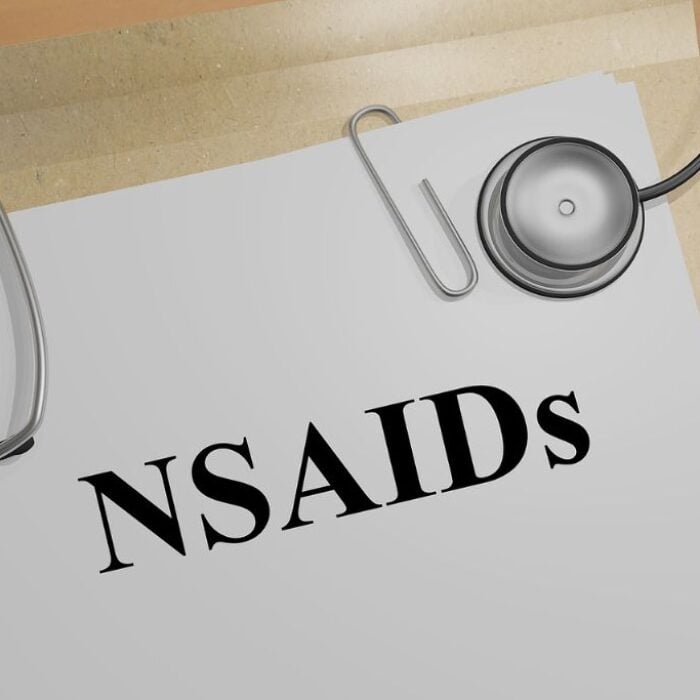The majority of our patients who have suffered from a painkiller dependence started their opiate intake as a result of a past physical injury, surgery, or some kind of pain management They are not the stereotypical “drug addicts” looking to get high but rather, everyday, professional people who gradually needed more and more pain medication to alleviate their pain. In fact, most dependencies arise from the treatment of back injuries, whether caused by a car accident, slip and fall, or sports injury. As time goes by, patients realize that the dependence on painkillers is a much larger problem than the original injury, that the pain has intensified, and that their dependence is now controlling their lives.
An Innocent Pain Management Plan
We consume pain medication to deal with any possible discomfort, from a headache to neck pain. Common medications such as ibuprofen, acetaminophen, NSAIDs, oral steroids, opioids, muscle relaxants, and anti-depressants all have their uses, benefits, and risks. Educating the patient and allowing them to understand more about these medications before they are prescribed or use them, can help prevent lots of unnecessary issues.
What began as a seemingly innocent prescription from a physician to help patients manage their discomfort, has become a physical dependence. Weeks, months, or years later – long after the initial injury may have healed – patients are still taking Vicodin or OxyContin and in alarmingly higher doses than originally prescribed. Unfortunately, traditional drug treatment programs do not address the chemical imbalance created by the drug, and instead blame patients for their own situation and label them “drug addicts”. We recognize that dependencies can arise through no fault or weakness of the patient.
When Painkiller Dependence Occurs
Years of opiate abuse can not only intensify pain levels experienced by patients (hyperalgesia), but may make it difficult to distinguish which pain is from the original injury and which is actually caused by the painkiller dependence. In almost two decades of experience in the medical opiate detoxification field, we have found that most patients have the same level or slightly less pain after detoxification is completed.
Following detoxification, our patients have the opportunity to stay at Domus Retreat, a state-of-the-art, luxury recovery center, located in Orange County, California. Domus gives patients an opportunity to regain their mental and physical strength before returning to their daily lives. We strive to make our patients feel like guests, and as comfortable as if they were recovering at home, but with around-the-clock assistance and individual attention.
Domus Retreat guests get an opportunity to evaluate pain levels while learning to control discomfort with non-narcotics and therapies such as biofeedback and yoga that help regain muscular strength and facilitate the return of endorphins (natural pain killers). Psychotherapy and massage therapy are also available.
Our highly trained multidisciplinary team focuses on ensuring that care and treatment are provided in an atmosphere where safety and confidentiality are paramount. With a vision for providing an ideal setting to address both chemical dependency and the wide range of associated behaviors, conditions and disorders, Domus Retreat practices an innovative method of treatment for pain medication abuse and addiction disorders. Our pain patients are able to return to a productive life — one that is either pain-free or one that can be successfully managed without the use of opiate painkillers.
If you or someone you love have been suffering with painkiller dependence due to a pain management program, give us a call today. We can medically help you in a private, compassionate and effective manner. Reach us today at 1-800-423-2482.
Our medical director is a pain management specialist and quadruple board certified. We have helped opiate-dependent patients from all over the world for over 21 years.















